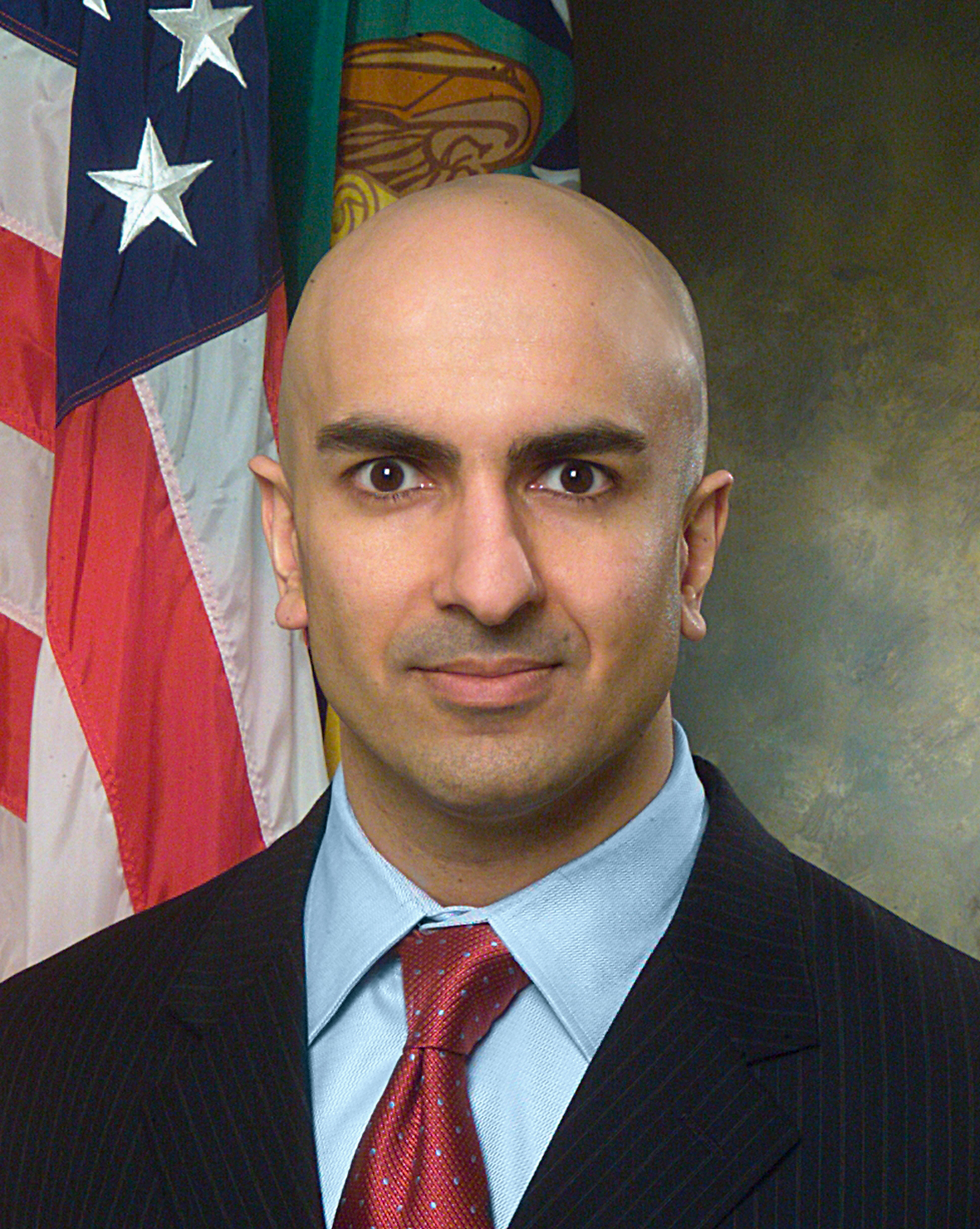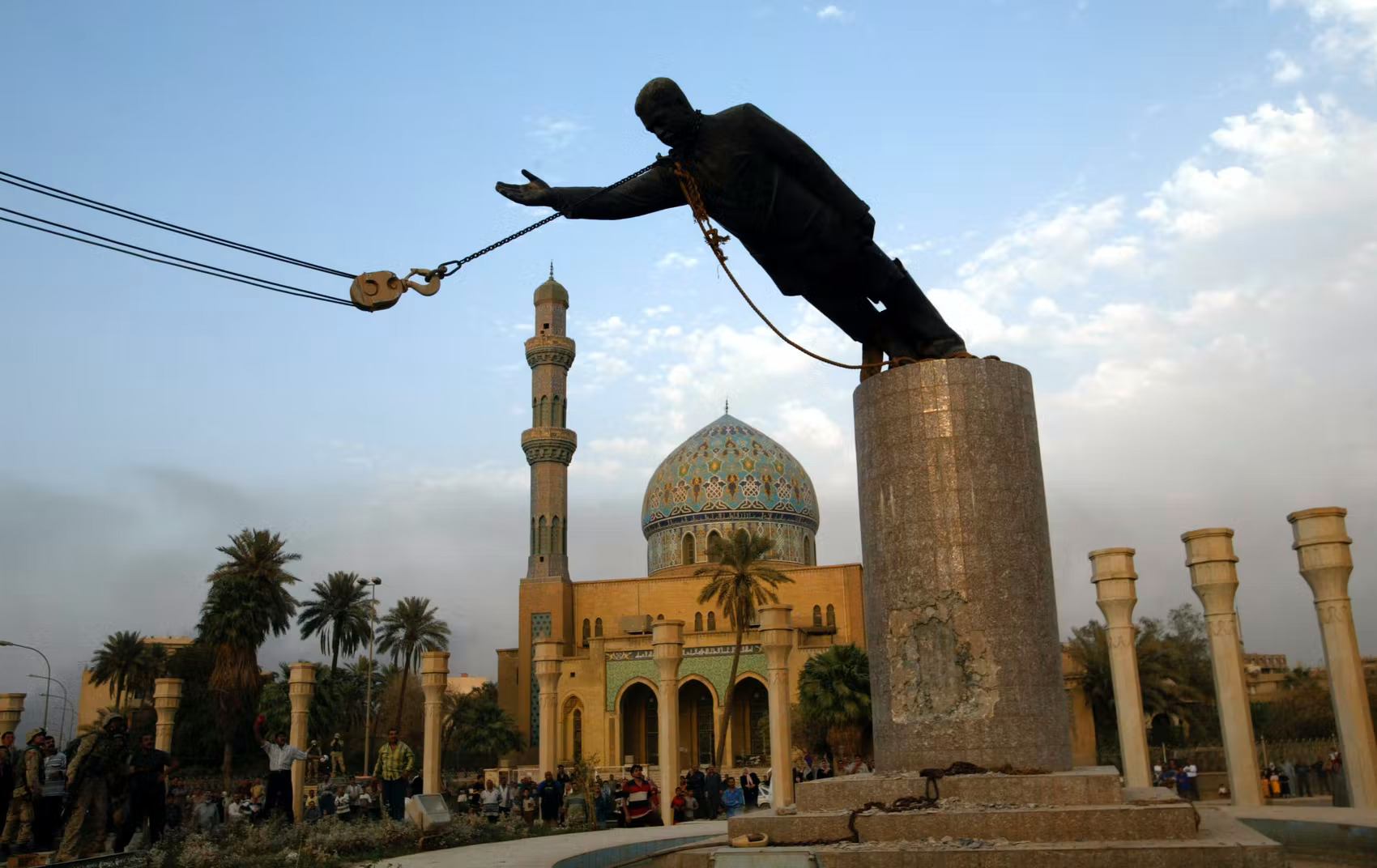As
is common when the Israeli state flexes its military muscles in one of its
imperial wars, its defenders are resorting to an argument about the moral
equivalency between rockets being launched at Israel from its colony, and
Israel’s bombardment of and ground incursion into the colony. Israel, the regime’s supporter’s argue—and I
use the word ‘regime’ because it is hard to defend the legitimacy of a
government which colonises other people—has no choice but to attack Gaza so
long as Hamas sends rockets over the border into Israeli territory.
 |
| Photo Credit |
What
defenders of the regime’s colonialism fail most to understand is that however
much many of Israel’s critics might abhor the violence used by Hamas, both the
desperation of many of Israel’s colonial subjects and the history of
anti-colonial struggles across the world suggest that this violence against the
colonial regime will continue so long as the colonial relationship endures.
After
all, the Israeli government wields the formidable weapons of sovereignty and
the legitimacy that accrue to a state, extraordinary military might, and the
misguided backing of the world’s foremost superpower. However much Israeli citizens might suffer
from the bursts of dissatisfaction and violence brought about by their
government’s colonial policy, the zealots in the regime will continue to
benefit from the disorder and uncertainty their barbarous conduct generates.
And
can people outside of Israel really believe—particularly those of us who live
in and have grown up imbibing the history of a country which came into
existence by freeing itself from colonial rule—that it will in the long run by
possible for one group of people to rule over another against their will, using
violence and segregation as their primary methods of enforcing what is
ultimately an unjust and indefensible rule?
Given
the opposition of the United States (with its Security Council veto) to ending
Israeli colonialism, the regularity and impunity with which Israel violates
international law, and the desperate social and economic condition into which
colonial rule has forced many Palestinians, even those of us who are disturbed
by violence can likely understand the decision of some Palestinians to follow
the example of our own Thirteen Colonies in mounting armed resistance to
colonial rule.
And
given Israel’s overwhelming military might, its status as an illegal nuclear
power, and the economic and military aid it receives as a colonial power from
the United States, we should not be surprised that when some Palestinians
decide to resist colonialism using armed resistance, they decide—as did our own
predecessors—to fight in guerrilla fashion.
Israel’s
response to the latest surge of armed resistance in Gaza looks like the
flailing gasps of a regime that is increasingly isolated, under pressure from
its physically, morally, and psychologically besieged citizens, and desperately
trying to maintain a social structure—colonialism—that finds favour virtually nowhere
in the world. And, crucially for the
well-being of Israel’s citizens, the regime’s colonialism risks reigniting the
anti-Semitism that was such a scourge to some of its citizens and its founding
generation in the twentieth century, and which returns with pathetic ease to
the lips of certain of the country’s critics.
In
some respects the Israeli regime is very like the apartheid regime in South Africa during the latter part of the last
century, not only in the delusional paranoia with which it conducts itself in a
world with which it is out of kilter.
The South African regime was engineering its hideous colonial state at
the very moment that most colonized countries in Africa and Asia were getting
their independence. And the Israeli
regime continued to consolidate its authority over its Palestinian colonies
through the decade when the Berlin Wall came down and as the Soviet empire
collapsed.
Like
the apartheid regime with its
“homelands” or “bantustans”, the Israeli regime tries to force a fictive
independence on its colonies while looming over them with its economic and
military might, and preventing their entry into the United Nations. Palestinian “governments” are kept
deliberately fractured, and are asked to assume all of the responsibility for
keeping peace and order while being given none of the tools they would need to
do so, the colonial regime thereby deliberately engineering an almost perpetual
humanitarian crisis and crisis of confidence in Palestinian authority figures,
thus weakening the bond between the “government” of the colonies and the
colonial subjects.
And
like many other colonial regimes in their early and later stages, as moral and
juridical arguments are demolished by its critics, the savagery of the
colonizing military force is becoming increasingly naked and unguarded, ever
more indiscriminate, and defended with to hysterical and apocalyptic
rhetoric. Just days ago, the Israeli Defence
Force ordered its subjects in Gaza to move into the area surrounding a hospital
for their own safety, and they proceeded to bomb that hospital, a place of
sanctuary and healing, killing five and injuring scores more.
The
man-made humanitarian crisis in Gaza, the unacceptable spectre of colonial
rule, and the grotesque violence generated by that rule means that the United
States and other countries which have hitherto given their backing to the
Israeli regime should think twice. It
should be clear to them that neither the cause of humanitarianism nor their own
public interest—nor, indeed, the security of Israeli citizens—is served by
backing a violent pariah state as it attempts to rule people against their will
using armed force in violation of international law.
-----
Photo details: "The home of the Kware' family, after it was bombed by the military" by Muhammad Sabah, B'Tselem's field researcher in the northern Gaza Strip - http://www.btselem.org/photoblog/201407_gaza_strip. Licensed under Creative Commons Attribution 4.0 via Wikimedia Commons - http://commons.wikimedia.org/wiki/File:The_home_of_the_Kware%27_family,_after_it_was_bombed_by_the_military.jpg#mediaviewer/File:The_home_of_the_Kware%27_family,_after_it_was_bombed_by_the_military.jpg




